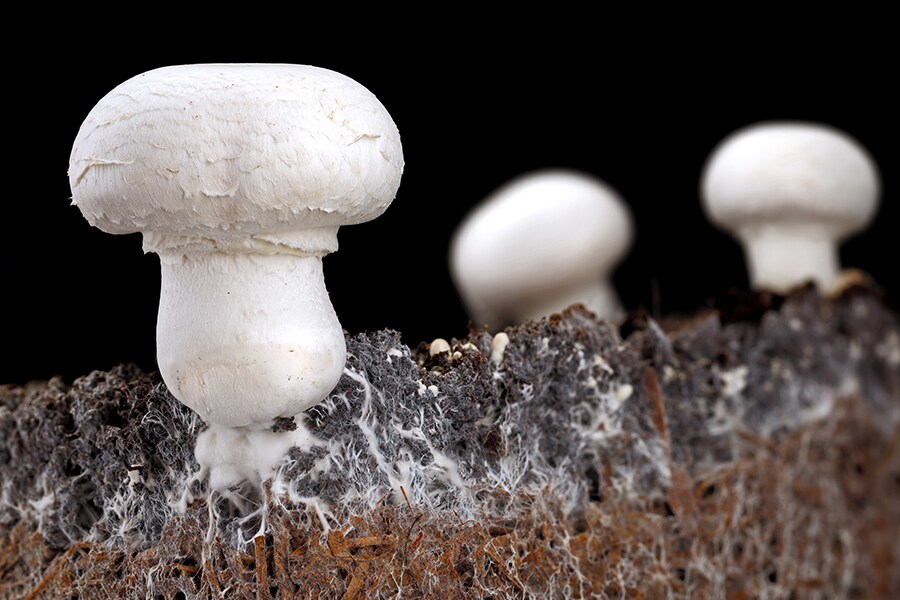
Plastic-eating fungi found in Chinese coastal salt marshes
Researchers from China and the UK in May 2021 sampled microorganisms from China's Dafeng, a UNESCO-protected site near the coast of the Yellow Sea
 "A total of 184 fungal and 55 bacterial strains capable of breaking down" various plastics were found in the Jiangsu province of eastern China, the Royal Botanic Gardens in Kew said in a statement.
Representative Image: Shutterstock
"A total of 184 fungal and 55 bacterial strains capable of breaking down" various plastics were found in the Jiangsu province of eastern China, the Royal Botanic Gardens in Kew said in a statement.
Representative Image: Shutterstock
An international team of scientists identified plastic-eating bacteria and fungi in Chinese coastal salt marshes, presenting new possibilities for global waste management, according to a study published Thursday.
"A total of 184 fungal and 55 bacterial strains capable of breaking down" various plastics were found in the Jiangsu province of eastern China, the Royal Botanic Gardens in Kew said in a statement.
Researchers from China and the UK in May 2021 sampled microorganisms from China's Dafeng, a UNESCO-protected site near the coast of the Yellow Sea.
They found a distinct "terrestrial plastisphere", described as a "man-made ecological niche", which is an ecosystem that has evolved to live with the presence of coastal plastic debris.
"Scientists are increasingly looking at microorganisms, such as fungi and bacteria, to help tackle some of the most pressing challenges of the modern age, including the rising tide of plastic pollution," Kew Gardens said.







